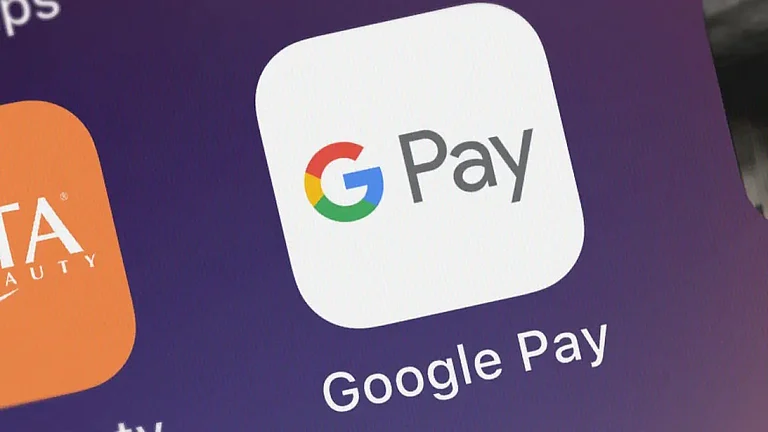The National Payments Corporation of India (NPCI) has started offering financial incentives to banks to promote RuPay credit cards, aiming to boost the presence of domestic payment systems and challenge global giants like Visa and Mastercard. According to The Economic Times, people familiar with the development said this marks a shift from NPCI’s earlier strategy of offering attractive settlement rates, opting instead for direct rewards tied to card issuance and usage.
These incentives are sponsored at the expense of the interchange fee earned by RuPay on each credit card transaction. Card networks typically pay the banks 25 to 40 basis points per transaction, but NPCI is now said to be returning a part of this, around 10 to 12 basis points, on an incentive basis. This reduces the net cost of the banks and increases non-interest income, making RuPay more economically viable.
This new thrust had come after RuPay credit cards were allowed to be enabled with UPI in 2022. The facility allowed payment through UPI on credit cards, whereas Visa and Mastercard networks have not yet been enabled for the same.
The credit card base of India has grown large, at 111 million cards outstanding as of May 2025, from 55 million as on the last day of December 2019. NPCI does not share RuPay credit card transactions, but industry estimates place this at around Rs 20,000 crore every year, around 10 per cent of entire credit card spends in India.
RuPay market share is also increasing. Kiwi, a finetch brand which links RuPay-led credit cards in partnership with partner banks, observed RuPay's market share of total issue cards increase from 3 per cent in 2023 to 12 per cent in 2024. Major banks have introduced various standard and co-brand RuPay credit cards with partners such as PhonePe, Tata Neu and Super.Money, that are targeting UPI-linked consumption patterns.
Spending behaviour also reflects increasing consumer adoption. As per SBI Card's FY25 figures, average UPI spends via RuPay credit cards rose to Rs 18,000 in tier-two towns and above from Rs 11,000 in April 2024. In metropolitan cities, it was Rs 14,800.
NPCI’s revenue growth reflects the impact of this strategy. The organisation reported a 24 per cent rise in standalone revenue to Rs 3,270 crore in FY24, up from Rs 2,749 crore in the previous year. Its net surplus rose to Rs 1,552 crore.










